At around five weeks into my pregnancy my phone found out about it, and from that point on I was subjected to a barrage of social media content about how much children suck. The first was a video by a woman with the username @childfreemillennial, who filmed herself walking through the children’s clothing aisle at a supermarket. She paused, turned to the camera and gagged. I was so shocked at the sheer nastiness and so hormonal that I cried. According to @childfreemillennial, the most loving thing we can do for our children is to never have them — in this economy, in this society, in this climate.
This woman was not a one-off. In the weeks that followed, I was plagued by posts from influencers goading and laughing at pregnant women and mothers. There were child-free therapists, child-free accountants, child-free authors and endless podcasts and gatherings and conferences. I began to watch these child-free influencers like a spectator sport.
Maggie Dickens is a clinical counselor from America living in Portugal. She is one of the bigger “child-free by choice” influencers and thinks what we are seeing with declining fertility rates is a generational trend. “We have learned to not simply just do as we’re told,” she told me on the phone. “We were taught to have critical thinking, to have individual thought and to question the world.”
The day I spoke to Maggie was the day that the World Health Organization announced that global fertility rates had crossed below the replacement level. I asked her if she felt somewhat responsible. “I grew up seeing the suffering in the world. Poverty was everywhere. I saw the commercials and was fed all this information about how there’s starving children, there’s domestic violence, childhood cancer. For me, the question was: why do we bring more people into this world? When we talk about the declining birth rate, we have to ask, why are we freaking out? Why are we panicking?”
Maggie was a pioneer in the cultivation of an online community for the child-free. “It started back in 2012, but our community back then was not necessarily 100 percent child-free by choice,” she said. “It started with 12 of us on an online forum. We were everything from what I call a pre-parent, those that wanted to have kids someday, to fence-sitters, the ‘I’m not sure’” After spending a decade building the community, Maggie took it to Instagram. “A couple of friends came over to my house and said: ‘You think it’s so easy because you’ve been doing it for so long. You don’t want kids, you surround yourself with people who don’t want kids like it’s easy-peasy. Give a voice to it. Nobody knows about it.’ I think the child-free movement is gaining momentum, not because it’s new, but because we’re normalizing it. It’s not the spinster, the barren old lady who everyone’s afraid of. It’s not the broken woman, all of these horrible stereotypes that we’ve had for women in the past who didn’t have kids.”
But normalizing childlessness doesn’t have to mean picking on mothers. When I announced my pregnancy to friends and family, the reaction was jarring. Sprinkled in with the congratulations and well-wishing were negative comments. Even friends in their mid- to late thirties expressed their own feelings of not being ready to have children, of concerns over financial instability or general anxiety about the whole thing. I can’t help but think that they, and all millennial women I know, have been tricked by people like Maggie on social media into thinking that child-rearing is harder, more expensive and less fun than it is.
The prevalent theme among the child-free-by-choice influencers is anxiety. @childfreemillenial posts videos about her daily panic attacks. This is also true of the millennial women I know who want children but are concerned with “readiness.” Isn’t raising kids expensive? Time-consuming? Hard? The child-free influencers like to point to dirty nappies as a reason they would never have kids. But in the past 12 weeks of having a daughter, not once have I thought of changing a dirty nappy as hard or even unpleasant. Giving birth to my daughter was hard, and so was watching my husband’s face as he had to decide whether to stay by my side or go to the neonatal ICU with our daughter — a relative stranger — as soon as she was born. Parenting is hard, but it is self-infantilizing and offensive to think that wiping a bum is the most grinding part.
A little while into my relationship with the online child-free community, one of the funnier influencers I had been following dropped a bombshell: Brittany Brantley was pregnant. She posted a photo of a positive test with the caption: “I’m so glad I didn’t get what I thought I wanted. The moment I saw the second pink line, I always knew I wanted to be a mom.” I raced to the comments and found things like “I’m so sorry you ruined your child-free life,” “I would off myself,” “You should have aborted,” “The earth isn’t a good place and that makes me not want to bring kids into it,” “I don’t want kids ever. I’m happy and calm without them.”
On the phone to Brittany, I asked her how she felt at the backlash. “You have to understand that perspective,” she replied. “The belief that kids are a nuisance, that kids are a problem, that kids don’t belong in spaces — the people who think that are speaking from their own experience. The truth is that as kids, they felt like they weren’t allowed in spaces. They felt like a burden to the adults that they were around, and they felt rushed. That doesn’t necessarily mean that you’ll grow up not to have kids, but it definitely means it’s coloring your perspective.”
Brittany gave birth a few weeks after I did, and we message weekly about our daughters, how hard life sometimes is with a newborn, and how glad we are that they are here. Like Brittany, I spent a large portion of my twenties thinking I would never have kids because of how much I would have to give up. But I took the same leap of faith that women of previous generations have done — and I find that though the world still seems scary and full of tragedies, it is undoubtedly better now that my daughter is in it.



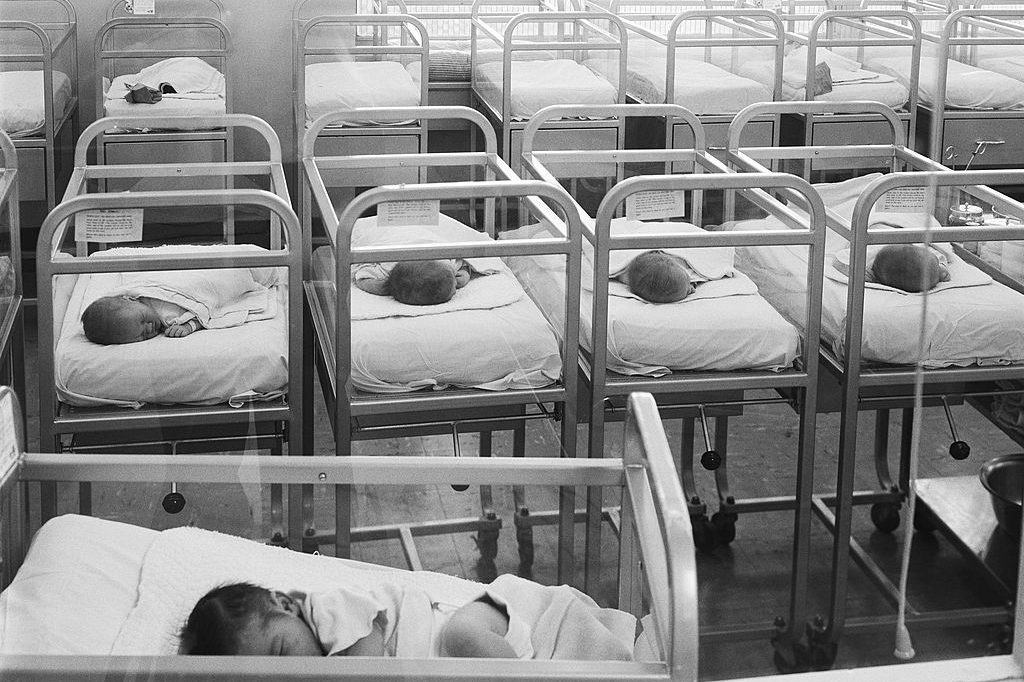






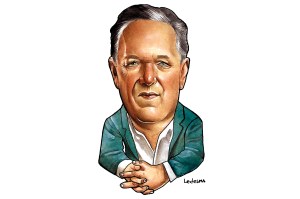
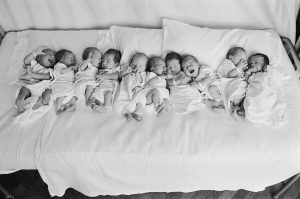
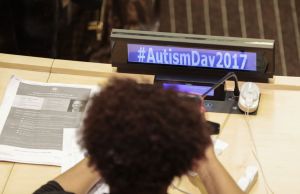
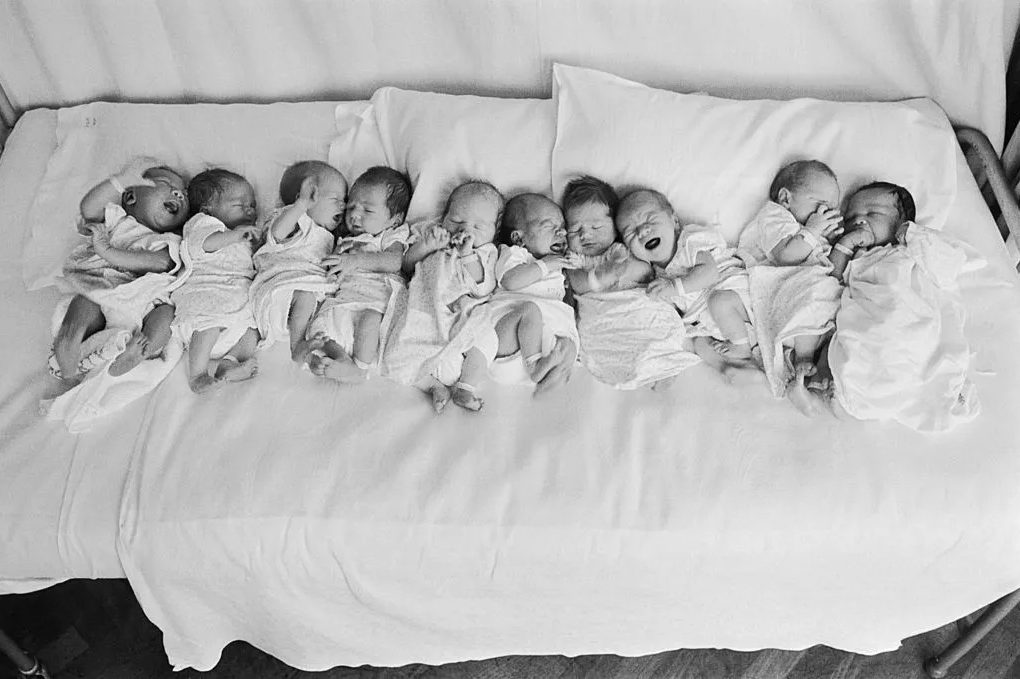
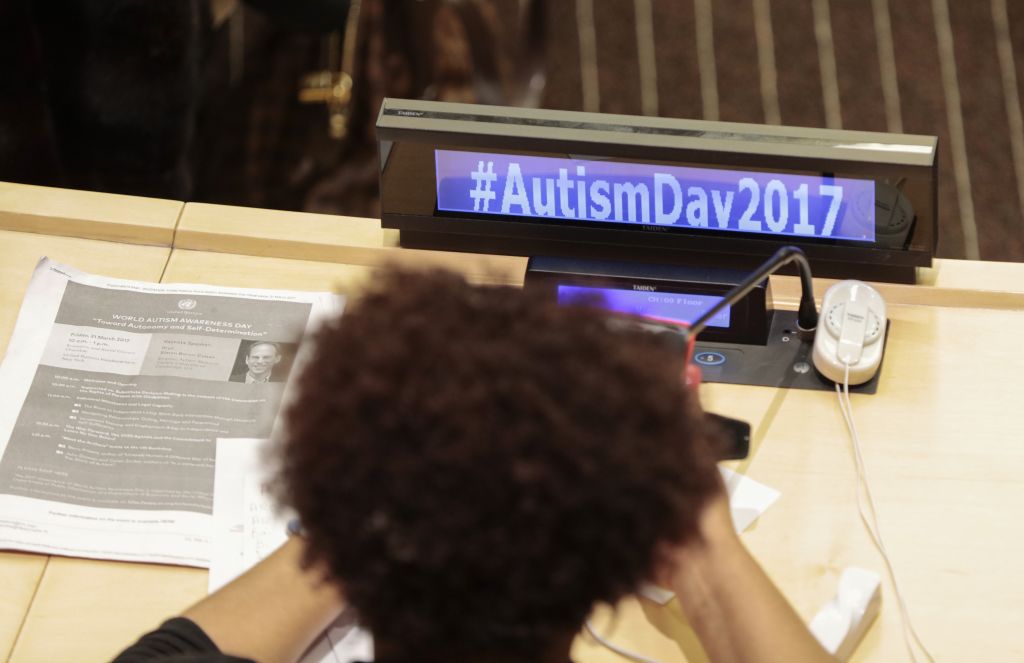

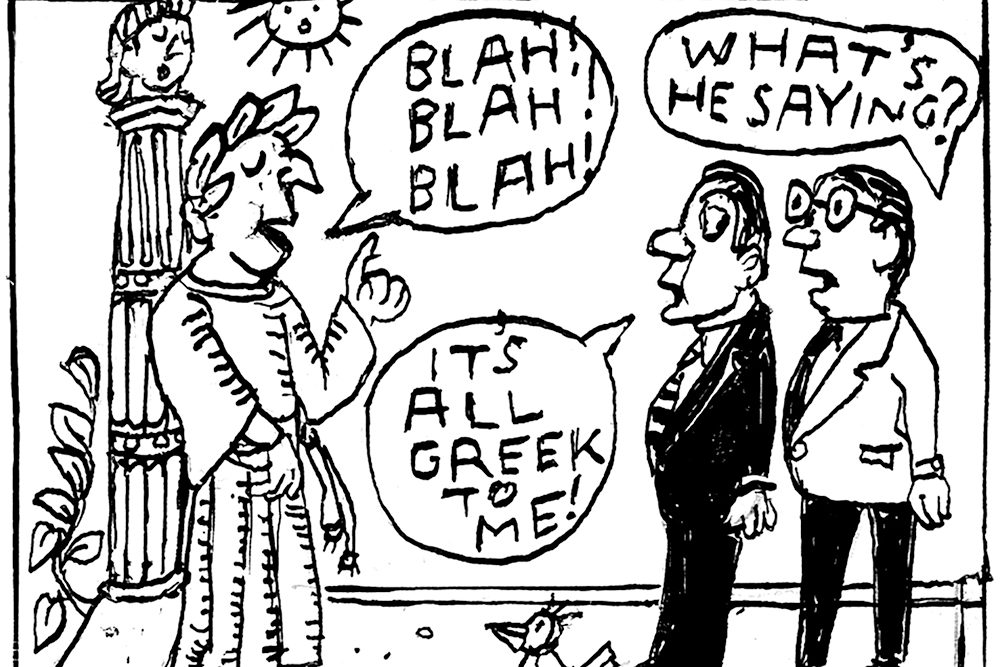
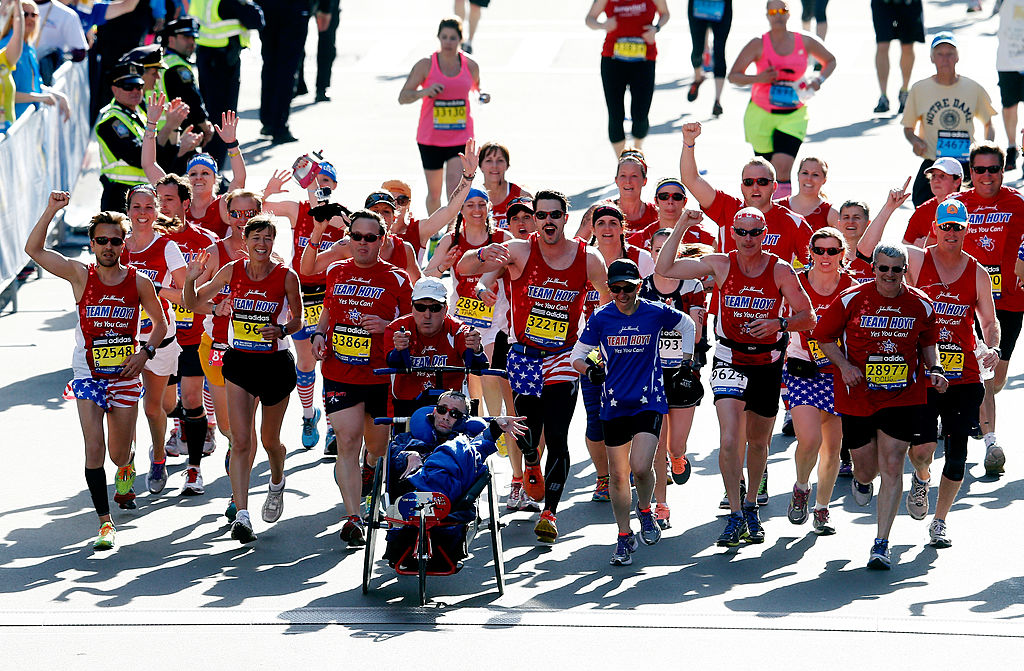
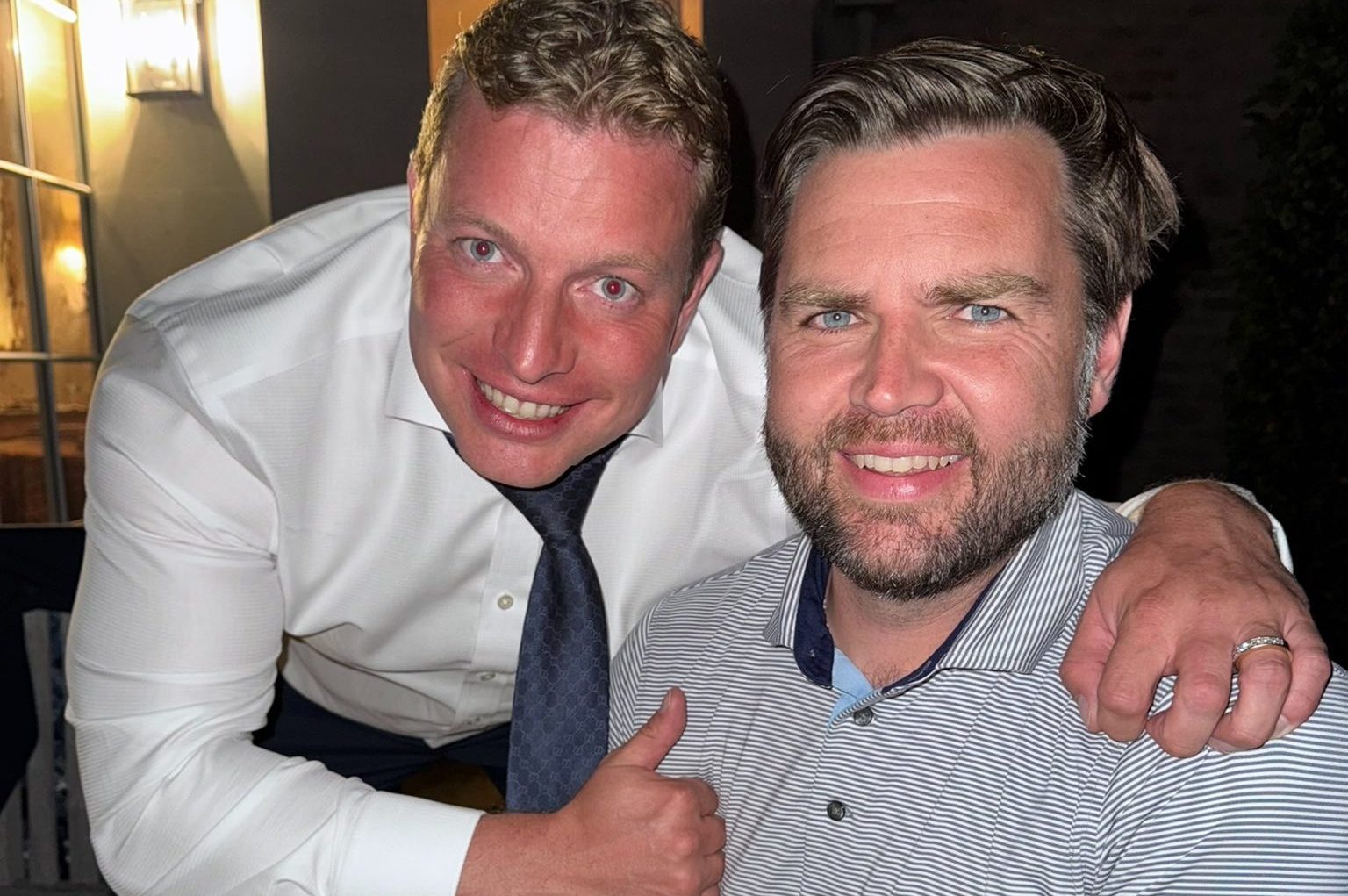







Leave a Reply